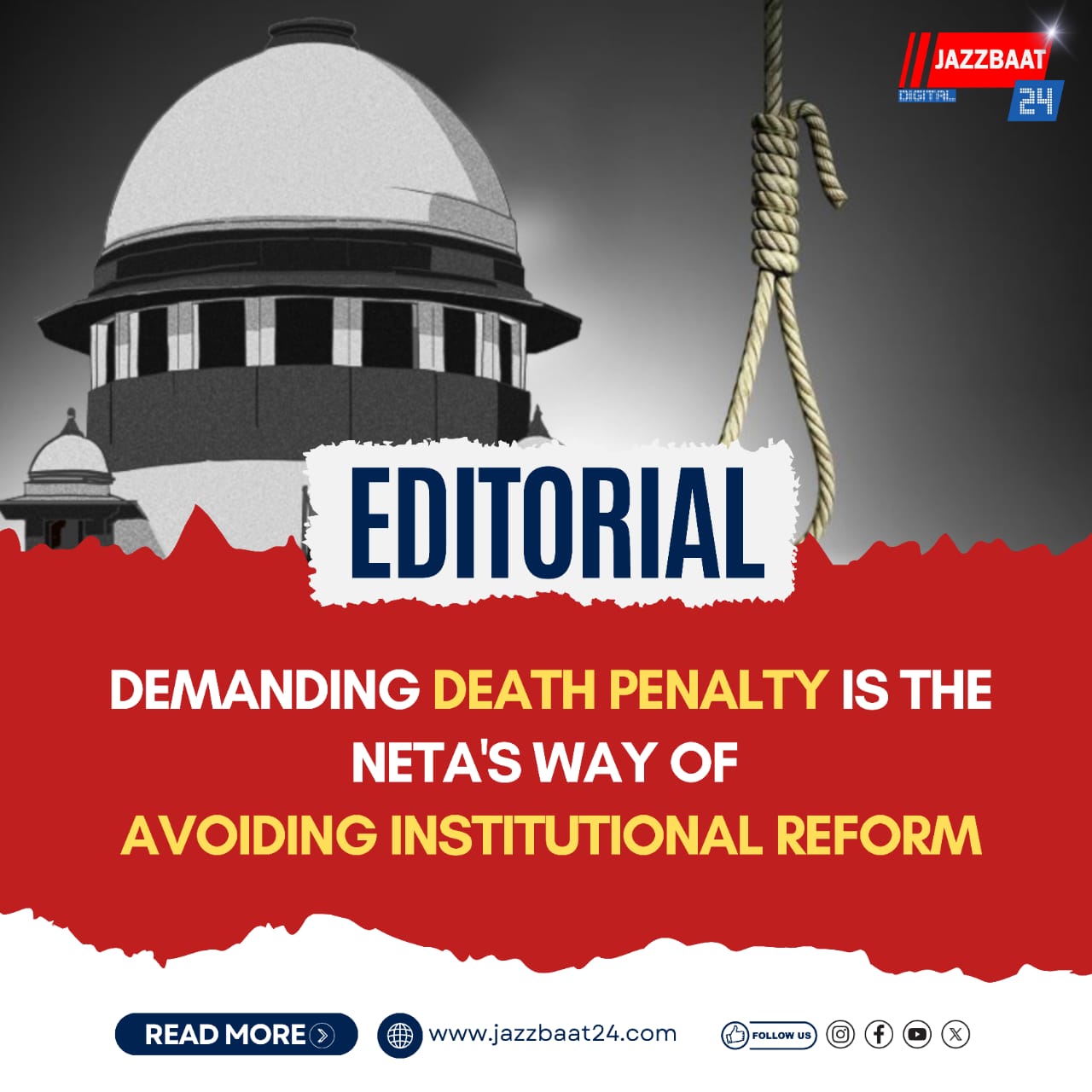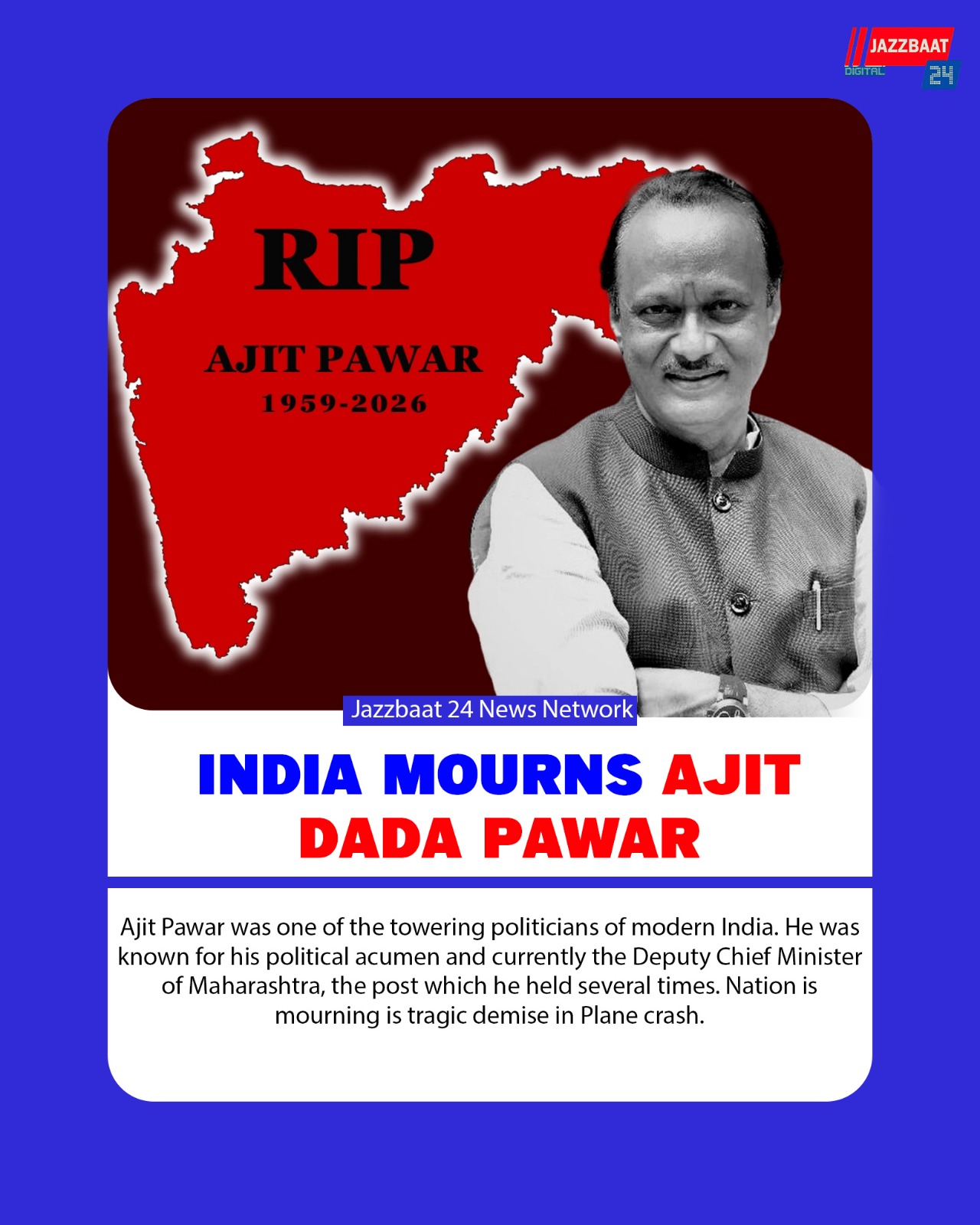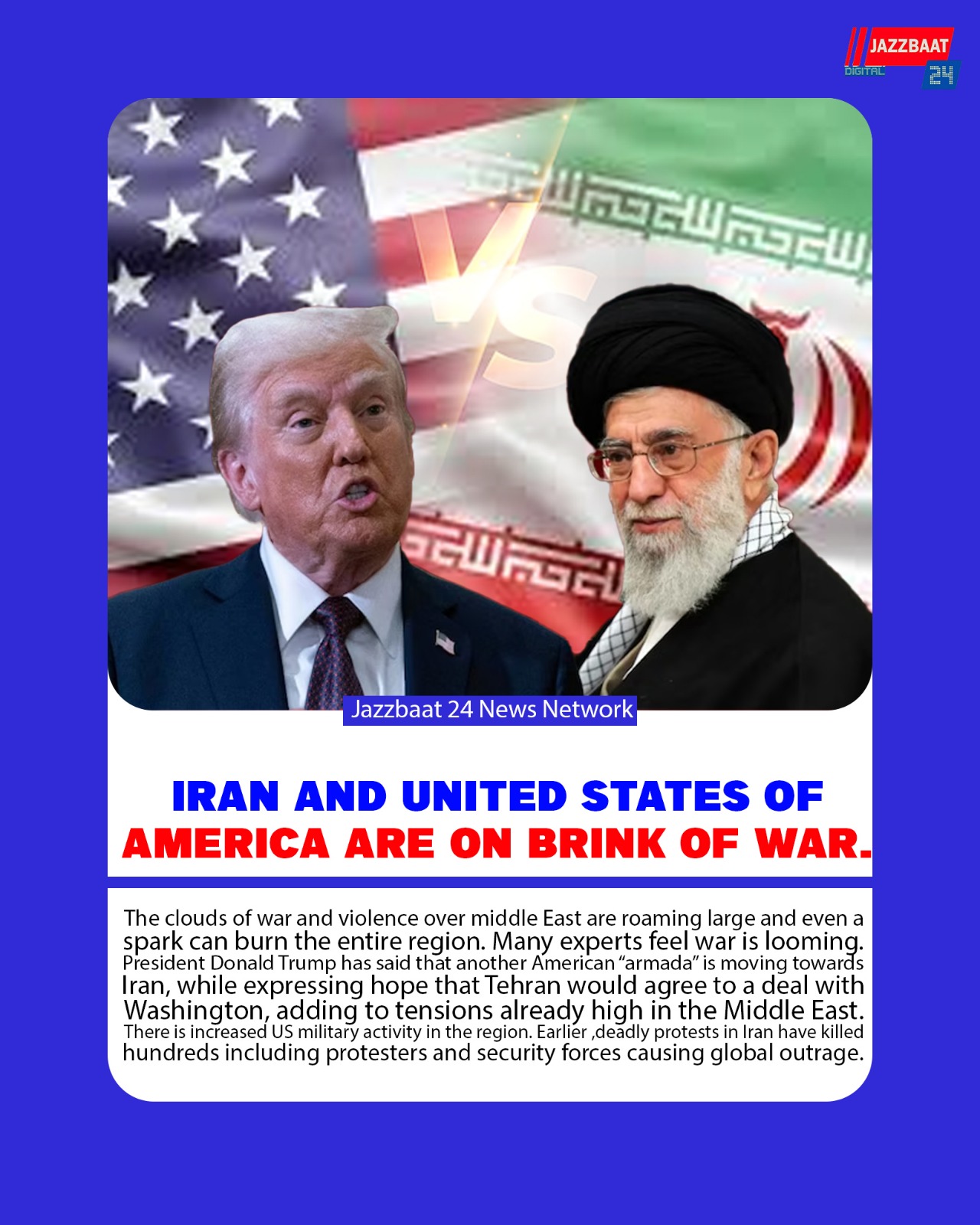Death Penalty: A Politician's Shortcut to Bypass Real Reform
Calling for capital punishment grabs headlines but fails to address deeper systemic issues. Genuine institutional reform demands more effort, time, and accountability than netas offer.
In a country where public outrage frequently fuels knee-jerk reactions from politicians, demanding the death penalty for heinous crimes has become a popular way to appease the masses. It’s a quick fix—an emotional response to horrific acts like rape or murder. But does capital punishment truly offer justice, or is it simply a convenient distraction from the urgent need for institutional reform?
The clamor for harsher punishments reflects the broader failure of India's legal and judicial system. Politicians know this. They recognize that implementing the death penalty gives the illusion of tough governance while allowing them to avoid the harder work of overhauling the police force, improving court efficiency, and addressing corruption. Reforming these broken systems would not only take years, but it would also require sustained political will—something most netas lack.
It’s easy for political leaders to demand the death penalty because it’s a crowd-pleaser. It shows strength, determination, and immediate action—everything voters crave. What these leaders avoid, however, is a much-needed discussion on why the system fails to prevent such crimes in the first place. Why are cases delayed? Why are witnesses threatened? Why do criminals go unpunished for years? These are questions that remain unanswered as politicians deflect attention with populist demands.
Moreover, the demand for capital punishment often ignores its lack of deterrent effect. Studies have shown that the death penalty does little to prevent future crimes. The real solution lies in ensuring swift, fair trials and building a system that upholds the rule of law without bias or delay. Yet, politicians focus on the death penalty because it lets them off the hook—at least in the public eye.
As long as we continue to embrace these superficial solutions, the cycle of violence and injustice will persist. It's time for political leaders to abandon shortcuts like capital punishment and commit to genuine, systemic reform. Only then can we hope to create a society where justice is served, not evaded.





